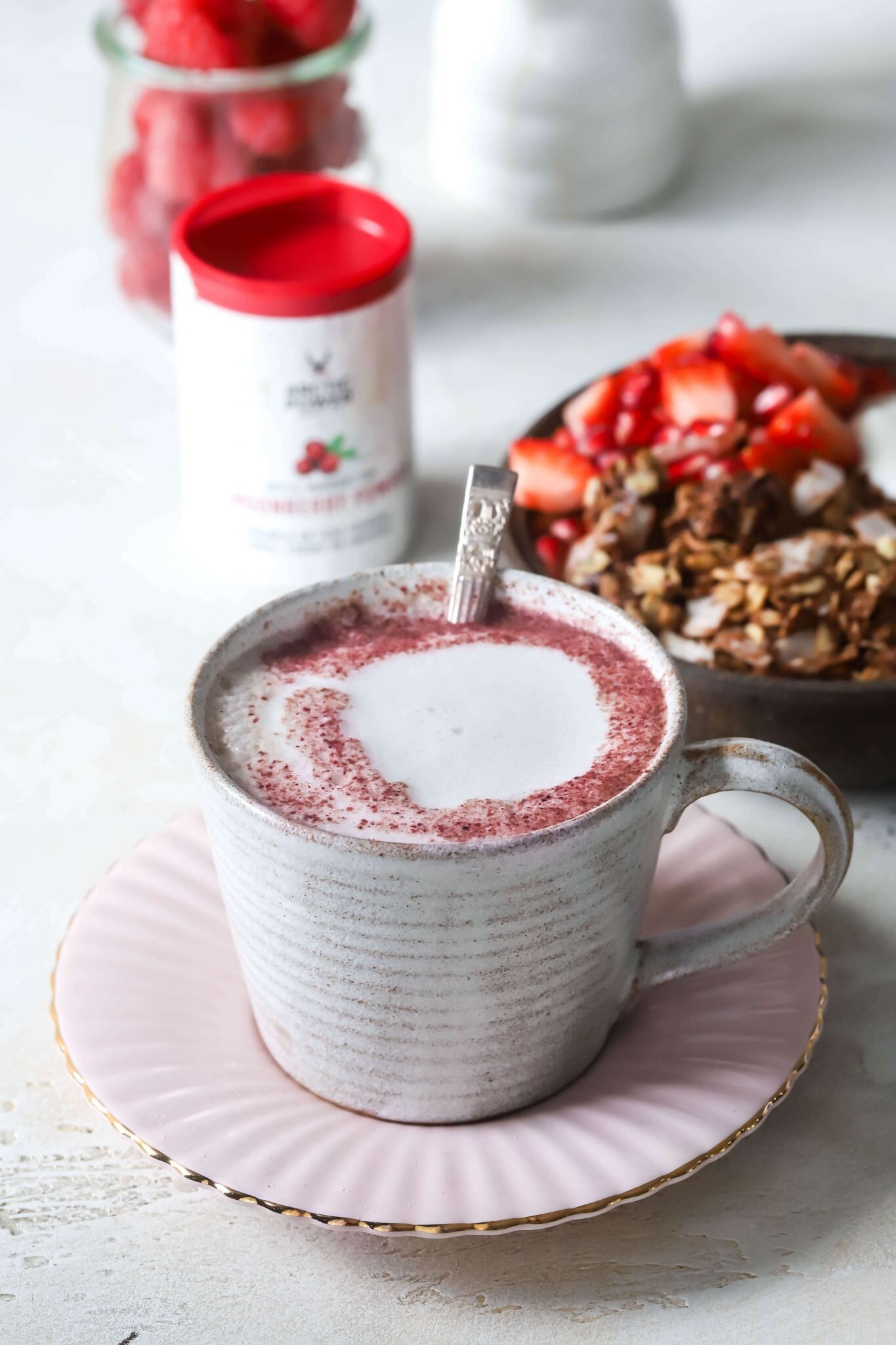Quick 4 step plan for healthy gut according to our Nutritionist
Do you know, how healthy your gut is? Are you aware of how many positive things are linked to good gut health?
In my role as Nutrition Coach, I’m fortunate to be able to shed light onto many topics that are often easily forgotten or just deemed too difficult to manage in busy daily lives… so I’m here again to shed light into one of the most important, but easily neglected subjects in a person’s daily life. Especially when one is busy juggling many roles at the same time and time for self-care seems to be limited. Which is especially when it’s THE MOST important thing to focus on.
This is why I have created a quick plan for you to follow, if you want to focus on improving your gut health – and thereby the whole balance of your body and mind.
Good news! There are quite a few things we can do to positively impact the way your gut works. And as research continues to suggest, a healthy gut is important for overall health, but it’s also very closely related to certain specific areas of health, which include immune function, weight maintenance, mood and sleep quality and many more.
Hopefully you now feel motivated to improve your wellbeing and focus on your gut health. Here’s that quick 4 step plan that I’ve created for you to introduce to your daily life. It’s simple but effective.
1. Manage your stress
This one is no secret but it’s also slightly harder to execute than the other points on the list. Stress affects health negatively – this includes gut health. Chronic stress can create a vicious circle for the gut, which, among other things can increase the risk of IBS (which is a digestive disorder triggered by stress and anxiety).
Stress impacts our sleep and often we sleep a lot less when we’re stressed – which frequently affects our choices when it comes to food and drinks. Stress is a trigger for many negative things in our lives and it directly impacts our gut health. A stressed gut is often an imbalanced gut. This puts the whole body at a disadvantage – therefore prioritising stress management for improved gut health should be a top priority in your daily life.
With free apps available on your phone, it’s easier than ever to take advantage of healthy practises such as yoga, mediation and other stress management techniques. Don’t forget regular exercise – it works wonders for stress management and keeps your gut moving too.
Tip: Walking is like a massage to the intestinal system, fresh air helps de-stress and balance appetite.
Try this nourishing and nutrient-rich Latte before heading to bed for good night sleep:
1 cup of your favourite plant milk
1-2 tsp maple syrup
1- 2 heaped tsp Arctic Berries Lingonberry Powder or Cranberry Powder
Pinch cinnamon
Pinch vanilla powder
METHOD
Gently heat the milk in a saucepan. Stir through the maple syrup, berry powder, cinnamon and vanilla and whisk together to make the milk nice and frothy.
Once piping hot, pour into your favourite mug, sprinkle some berry powder on top for decoration and enjoy!
2. Eat your veggies
Eating plenty of fresh vegetables, and especially leafy greens. These are one of the best foods for establishing a healthy balanced gut. We need between 5-9 servings of fruit and vegetables every day for general wellbeing and to help reduce the risk of major types of disease and warding off illnesses – so it’s definitely a huge bonus that this intake will help keep our guts healthy too.
As a general rule, 1 serving is about half a cup of cooked vegetables/piece of fresh fruit/cup of fresh or frozen vegetables, leafy greens or small fruits, such as berries. Add a few teaspoons of berry powder to your meals throughout the day for beneficial fibre intake.
Vegetables and berries are important for feeding our gut flora, the beneficial organisms in our digestive tracts, because of their unique fibres, antioxidants and phytonutrients.
If you already know that you’ll find it difficult to reach this daily goal – why don’t you start the day with a berry and veggie-loaded smoothie. This is such an easy, portable and healthy way to start the day. To slow down the release of energy from this colour-packed brekkie, add some chia seeds and oats to the blender. Be sure to add plenty of liquid too!
3. Sleep, sleep and sleep
You may have noticed that after a poor nights sleep, your gut might be feeling a bit ‘off track’ and you can find yourself suffering from gas, bloating and even constipation and diarrhoea.
Experts recommend getting at least 7-8 hours of sleep each night, and preferably having a steady routine where you go to sleep and wake up at the same time each day, even on the weekends. For parents, this often feels like it’s ‘out of their hands’ but you can make it a priority to go to bed early, even when it means that you have to leave things unfinished or not getting enough of ‘me time’ – but sufficient sleep is extremely important for general wellbeing, not just for our guts, but whole our whole bodies.
Your digestive system can be influenced by how much cortisol your body produces – and since cortisol is a stress hormone that tends to spike when we haven’t had enough sleep, it can create chaos for your digestion when the levels are high.
For good sleep tips, please read this article: Sleep Impact
4. Drink up
Ensuring sufficient fluid intake each day is an investment toward maintaining good gut health. Our bodies need an adequate amount of fluid each day to ensure the fibre we consume (through vegetables, fruits, whole grains and legumes) will be able to do its job. Fluids also help keep waste moving properly through our digestive systems, promoting regular bowel habits. On top of this, fluids prevent dehydration that can lead to constipation and again, poor digestion.
The question on your mind is, how much water should I drink? Right! So you should aim for 8 glasses daily, more if you still feel thirsty or are very active. Other fluids also count, such as smoothies, herbal teas and decaffeinated drinks – don’t count coffee as your fluid intake as it contains caffeine, which can lead to dehydration, as it’s a natural diuretic.



